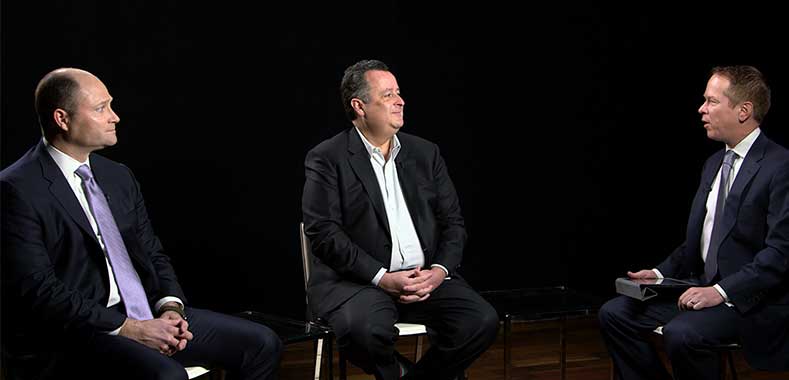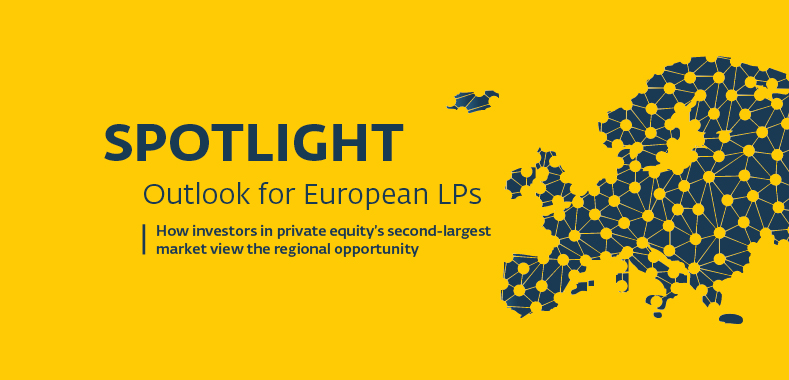Ukraine Agriculture Set for Bumper Returns
The nation is already the world’s third-largest grain exporter and has enormous space for growth
Headlines out of Ukraine the past few years have not been investment-friendly, to say the least. Political turmoil in Kiev, military conflict in the east, Russian annexation of Crimea. But investors who dig deeper have found one sector that promises bumper returns: agriculture.

SigmaBleyzer Investment Group
In fact, Ukraine is the richest farming nation you have never heard of. Blessed with one-third of the planet’s “black earth,” which is soil renowned for its fertility, Ukraine is the world’s No. 3 grain exporter, after the U.S. and EU. And while the U.S. and EU have maxed out their arable acreage, Ukraine has plenty of space to grow. In fact, it’s poised to be the world’s No. 3 food producer by the mid-2020s, after the U.S. and Brazil, according to Cargill, the world’s largest grain trader.
“Ukraine works about 27 million hectares today but it has a total of 32 million hectares that could be worked,” says John Shmorhun, deal team leader for agriculture at Houston-based SigmaBleyzer Investment Group, which has $1B under management and invests primarily in Eastern Europe. “What’s more, only 7 million of those 27 million hectares are being worked effectively, which means the yield potential can be doubled. Ukraine could easily become the number one food exporter in the world.”
The economics are favorable. Farming in Ukraine is a low-cost business. Labor and operations are cheap. Land can be leased at bargain rates and the government is moving to lift its moratorium on farmland ownership—partially in the near future, and fully in the longer term. Transportation costs are manageable as well. Europe is next door, and world markets are accessible via Black Sea ports.
SigmaBleyzer invests in agriculture through its platform company AgroGeneration, with Shmorhun its CEO. AgroGeneration currently has 14 farms around Ukraine totaling 120,000 hectares, and Shmorhun says they’re “looking strategically to grow the company through acquisitions. Michael Bleyzer understands that there is an impending food crisis and that Ukraine is uniquely in a position to answer those issues.”
Bleyzer, the founder and CEO of SigmaBleyzer, is not the only one who is gathering up Ukraine farmland. Other firms active on the ground include Toronto-based Fairfax Financial, which recently acquired a 25 percent share of Astarta Holdings, Ukraine’s sixth-largest agricultural company. With competition heating up, Shmorhun sees a real estate play in the purchase of land assets over the coming years.
Among the challenges here, top of the list is the longstanding problem of corruption in Ukraine. But corruption is diminishing in general, and in the farm sector in particular, because the government realizes that agriculture is the nation’s predominant sector. This foreshadows even better returns for investors like AgroGeneration.
“Companies like ours have been successful through thick and thin,” Shmorhun says. “When you’re still making money in an economy whose currency collapsed 65 percent in 2015, when you’re still producing 30 percent EBITDA margins, that speaks for itself. Investors need to realize that the play is back. They need to get beyond the negative headlines and see that there are some great assets to invest in here.”
The nation is already the world’s No. 3 grain exporter and has enormous space for growth.
Register now to read this article and access all content.
It's FREE!
Privcap Email Updates
Subscribe to receive email notifications whenever new talks are published.






